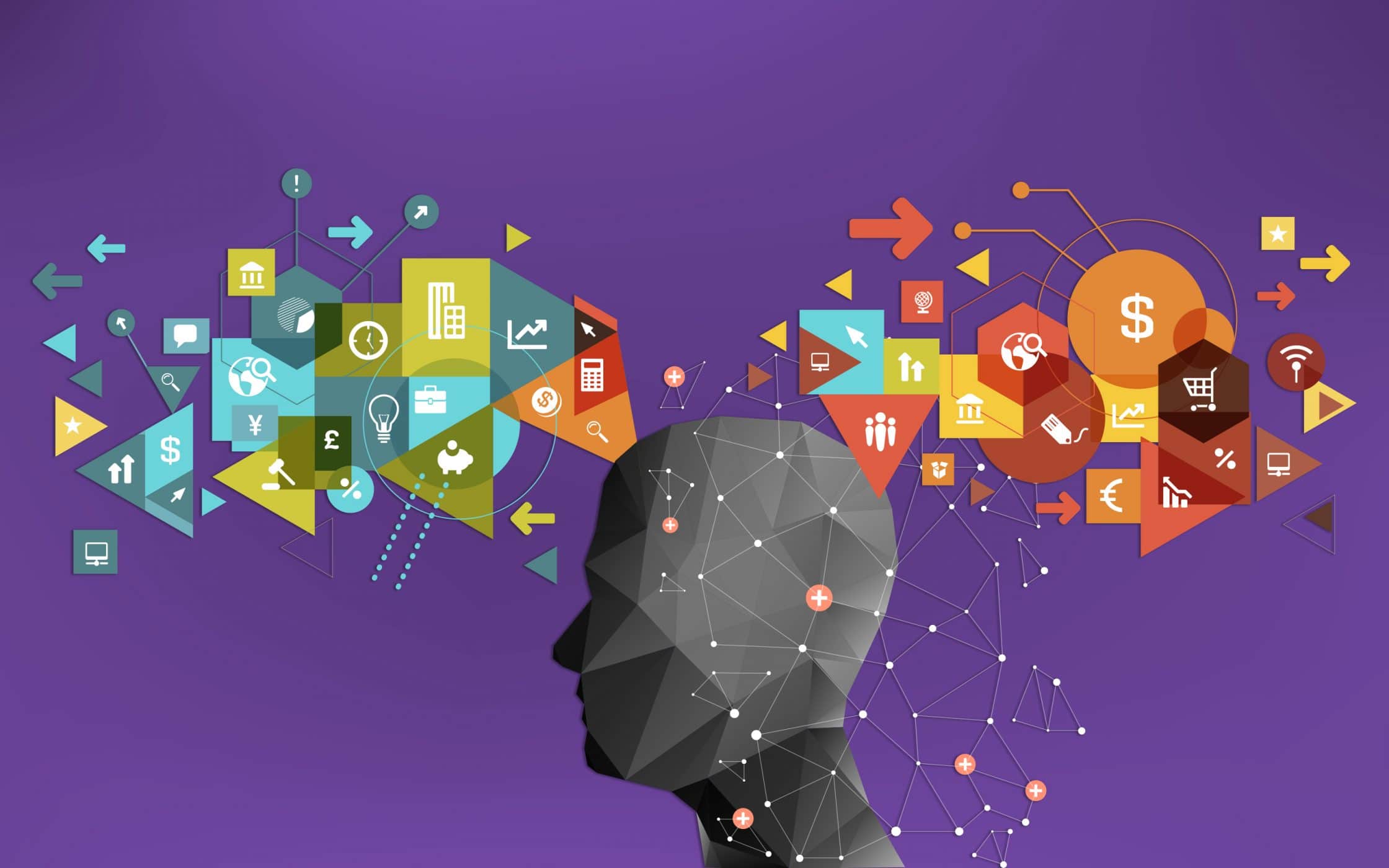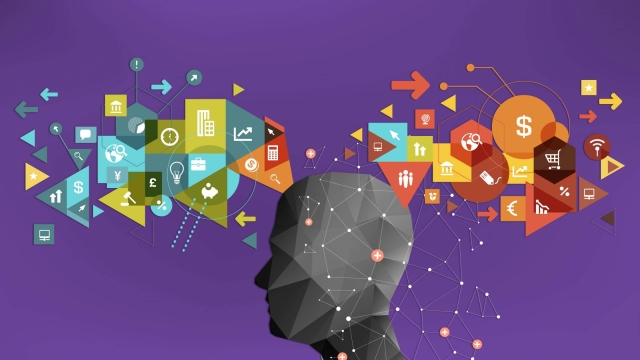In a world driven by advancements in technology, the rise of Artificial Intelligence (AI) has undoubtedly taken center stage. One significant application of AI that has been making waves in recent years is the generation of news in an entirely automated fashion. With machines now capable of mimicking human-like writing styles, AI-generated news is steadily paving the way for a potentially transformative future in journalism.
By harnessing the power of AI algorithms, news organizations and content creators are able to automate the process of generating news articles, allowing for increased efficiency and faster dissemination of information. This emerging trend has sparked both excitement and concern within the media industry, as the boundaries between human-created and AI-generated news begin to blur.
The advent of AI-generated news presents a myriad of implications, for better or worse. On one hand, the technology promises to revolutionize the way news is produced, providing an endless stream of up-to-date information on a wide range of topics. This could lead to an era of personalized news consumption, where readers receive tailored articles based on their interests and preferences. However, on the other hand, concerns about accuracy, objectivity, and the potential for misinformation loom large.
In this comprehensive guide, we will delve into the fascinating world of AI-generated news, exploring its implications for journalism, media consumers, and the wider society. From understanding the underlying technologies and algorithms to examining the ethical dilemmas and the future of human involvement, we will navigate the possibilities and challenges posed by this burgeoning field. Join us as we uncover the fascinating intersection of AI and news generation, and explore the potential ramifications of an increasingly AI-driven media landscape.
Understanding AI-generated News
AI-generated news is a significant development in the field of journalism, revolutionizing the way news is produced and consumed. As technology advances, artificial intelligence, or AI, has become increasingly proficient in generating news articles, providing a new and efficient way to deliver information to readers.
With the rise of AI-generated news, traditional newsrooms are adopting AI systems to streamline the news production process. These systems are capable of gathering data from various sources and analyzing it to create insightful and well-rounded articles. By employing AI, news outlets can now produce a higher volume of news content, covering a wider range of topics in a shorter period of time.
One of the advantages of AI-generated news is its ability to deliver information with remarkable accuracy and objectivity. AI systems are designed to process vast amounts of data and cross-reference multiple sources. This ensures that the news articles generated by AI are factually correct and free from human bias. As a result, readers can rely on AI-generated news for objective and impartial reporting.
Furthermore, AI-generated news has the potential to personalize news consumption based on individual preferences. By analyzing user data and understanding their interests, AI systems can curate news articles that are most relevant to each reader. This personalized approach to news delivery allows readers to stay informed about the topics they care about the most, while also discovering new and diverse perspectives.
In conclusion, AI-generated news is transforming the way news is created and consumed. With its ability to process vast amounts of data, ensure accuracy, and personalize news delivery, AI technology offers exciting possibilities for the future of journalism. As AI continues to advance, we can expect to see further innovation and improvements in the world of AI-generated news.
Benefits and Challenges of AI-generated News
News in small bytes
AI-generated news has revolutionized the way information is produced and consumed, bringing both benefits and challenges to the media industry. This cutting-edge technology offers several advantages that can significantly impact the news landscape.
Firstly, AI-generated news enables news outlets to deliver information at an unprecedented speed. By automating the process of gathering and analyzing data, AI algorithms can rapidly generate news articles, ensuring that breaking stories reach the public in real-time. This instantaneous dissemination of news allows readers to stay informed about the latest events as they unfold.
Additionally, AI-generated news has the potential to enhance the accuracy and objectivity of reporting. By removing potential human biases, AI algorithms can provide a more impartial perspective, ensuring that news articles are based solely on data and facts. This could contribute to a more trustworthy news environment, free from subjective interpretations and speculation.
However, the rise of AI-generated news also brings forth certain challenges that need to be addressed. One such challenge is the risk of misinformation. Since AI algorithms rely heavily on data, there is a possibility that inaccuracies or misleading information could be propagated if the underlying data sources are flawed or biased. Striking a balance between the convenience and speed of AI-generated news and the need for accurate, reliable information remains a significant challenge.
Another challenge is the potential job displacement within the media industry. As AI algorithms become more sophisticated, they can perform tasks traditionally carried out by human journalists, such as writing news articles. This could lead to a decline in employment opportunities for journalists, requiring them to adapt and acquire new skills to stay relevant in a changing media landscape.
In conclusion, AI-generated news offers numerous advantages, including speed and objectivity in reporting. However, challenges such as misinformation and job displacement should not be overlooked. It is crucial for the media industry to navigate these complexities carefully to ensure the responsible and ethical use of AI-generated news.
The Future Implications of AI-generated News

AI-generated news holds tremendous potential for transforming the way we consume information in the future. As this technology continues to advance, it will undoubtedly have far-reaching implications on journalism, society, and our perception of truth.
Firstly, AI-generated news has the power to revolutionize the speed and efficiency at which news is delivered. With algorithms capable of quickly analyzing vast amounts of data from various sources, AI-powered news platforms have the advantage of instantly providing up-to-the-minute news updates. This means that users can access breaking news as it happens, allowing them to stay informed in real-time.
Secondly, while AI-generated news brings greater convenience, it also raises concerns about the quality and accuracy of the information presented. As these systems rely on data patterns and algorithms, there is a potential risk of biased reporting or the dissemination of misleading content. The responsibility lies in ensuring that these AI systems are programmed with strong ethical guidelines, transparency, and measures to prevent manipulation.
Lastly, the rise of AI-generated news introduces new challenges for journalists and media professionals. As automation takes over certain aspects of news production, journalists may need to adapt and develop new skills to work alongside AI technologies. Collaboration between humans and AI could lead to more comprehensive reporting, combining the efficiency of AI-generated news with the critical thinking and investigative skills of human journalists.
In conclusion, AI-generated news offers immense possibilities for transforming the news landscape. However, as we embrace this futuristic world of AI-generated news, it is crucial to address potential ethical concerns, ensure accuracy and quality, and adapt to a changing journalism landscape.



